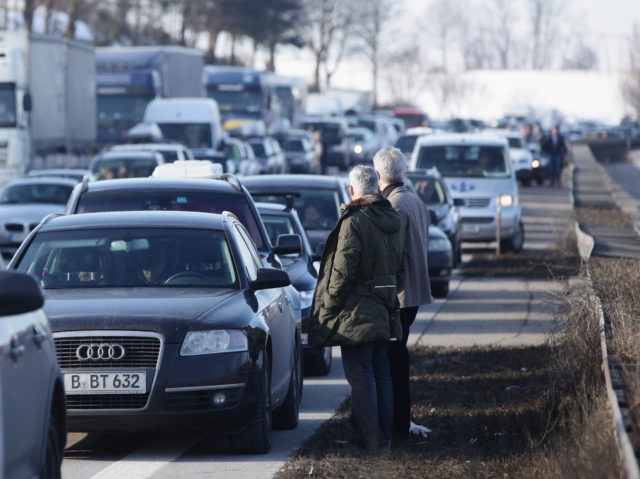New car models sold in the EU from mid-2022 will be required by law to record driving data that can be viewed in the event of an accident.
New car models, as well as any other road vehicle, sold in the EU from mid-2022 will be required to record technical data, such as the direction of the steering wheel and vehicle speed, so that it can be used in the event of a crash.
The new rule will coincide with the forced introduction of Intelligent Speed Assistance (ISA) systems for new vehicle models next year.
According to a report by Der Spiegel, a so-called “Event Data Recorder” — also referred to as a “black box”, similar to those already found in aircraft — will possibly enable police to understand if an accident was caused by driver error, depending on the incident.
However, an AFP report claims that, although law enforcement will indeed have access in the event of an accident, insurance companies will not be permitted access to any data recorded.
All data gathered by black boxes will also be anonymised, and — unlike a black box on an aircraft — conversations going on in the car will not be recorded by the device.
Meanwhile, newly mandatory ISA systems, which will warn drivers should they breach the speed limit, are expected to prevent up to 25,000 deaths and over 100,000 injuries every year due to accidents.
However, the EU has clarified on the Commission’s official website that any implemented system must not be able to actually prevent a driver from breaking the speed limit.
A large part of the European Union’s work has been placing itself into the lives of Europeans by producing legislation and imposing its vision on industries. Sometimes, this has caused conflict.
The EU clashed with tech giant Apple after indicating that rules regarding electronic chargers may soon be changing in the bloc.
In an attempt to reduce e-waste, the EU has announced earlier in the year that it will implement a universal charger for smartphones.
While the majority of new devices already use the EU’s favoured USB-C connector, Apple has opted to design its devices to use its own proprietary Lightning connecter, first introduced in 2012.
“We remain concerned that strict regulation mandating just one type of connector stifles innovation rather than encouraging it, which in turn will harm consumers in Europe and around the world,” Apple said in a statement regarding the proposal.
The EU has also announced plans to end the sale of petrol cars by 2035, despite complaints from the European Automobile Manufacturer’s Association, who said that “banning a single technology is not a rational way forward at this stage”.

COMMENTS
Please let us know if you're having issues with commenting.